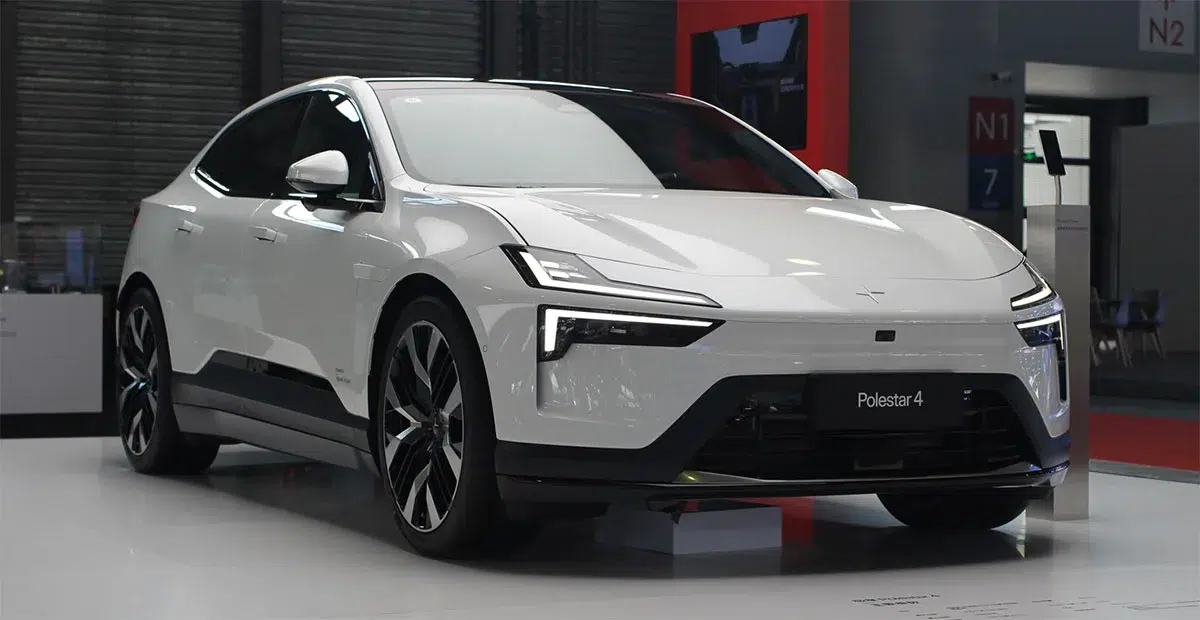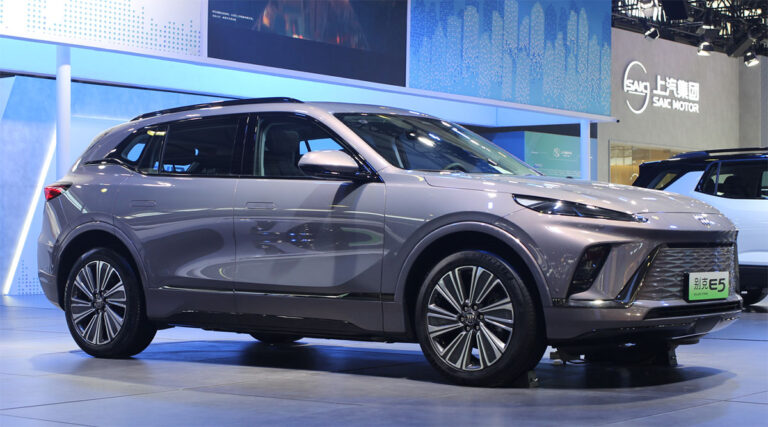The software ban would go into effect for Model Year 2027, and the hardware ban would take effect for Model Year 2030, or January 1, 2029 for units without a model year.

The US plans to ban connected cars equipped with Chinese software and hardware, further worsening the outlook for Chinese cars entering the US market.
The US Department of Commerce’s Bureau of Industry and Security issued a notice of proposed rulemaking overnight saying it would prohibit the sale or import of connected cars that integrate Chinese and Russian hardware and software.
"Cars today have cameras, microphones, GPS tracking, and other technologies connected to the internet," said US Secretary of Commerce Gina Raimondo.
"It doesn’t take much imagination to understand how a foreign adversary with access to this information could pose a serious risk to both our national security and the privacy of US citizens," Raimondo said.
To address these "national security concerns", the US Department of Commerce is taking targeted and proactive steps to prevent Chinese and Russian-made technology off American roads, she said.
The proposed rule would apply to all wheeled road vehicles, such as cars, trucks and buses, but would exclude vehicles not used on public roads, such as agricultural or mining vehicles.
The rule would also prohibit manufacturers with ties to China or Russia from selling connected vehicles in the US that contain Vehicle Connectivity System (VCS) hardware or software or Automated Driving System (ADS) software, even if the vehicle was manufactured in the US.
The VCS is the set of systems that allow the vehicle to communicate externally, including telematics control units, Bluetooth, cellular, satellite, and Wi-Fi modules. The ADS includes the components that collectively allow a highly autonomous vehicle to operate without a driver behind the wheel.
The software ban would go into effect for Model Year 2027, the hardware ban would take effect for Model Year 2030, or January 1, 2029 for units without a model year.
Prior to the announcement, Reuters was the first to report on the US government's plan, to which China expressed its opposition.
China opposes the US generalizing the concept of national security and adopting discriminatory practices against Chinese companies and products, a spokesperson for China's foreign ministry said at a regular press briefing yesterday.
China urges the US to respect market principles and provide an open, fair, transparent and non-discriminatory business environment for Chinese companies, the spokesperson said, adding that China will resolutely safeguard its legitimate rights and interests.
The latest proposed rules mean Chinese electric vehicles (EVs) will be more difficult to sell in the US, after facing an additional 100 percent tariff.
The US government locked in a significant tariff hike on Chinese imports on September 13, including a 100 percent tariff on EVs.
Many of the tariffs would go into effect on September 27, including 100 percent tariffs on Chinese EVs, 50 percent tariffs on solar cells, and 25 percent tariffs on steel, aluminum, EV batteries, and key minerals, the United States Trade Representative (USTR) said in a statement.
